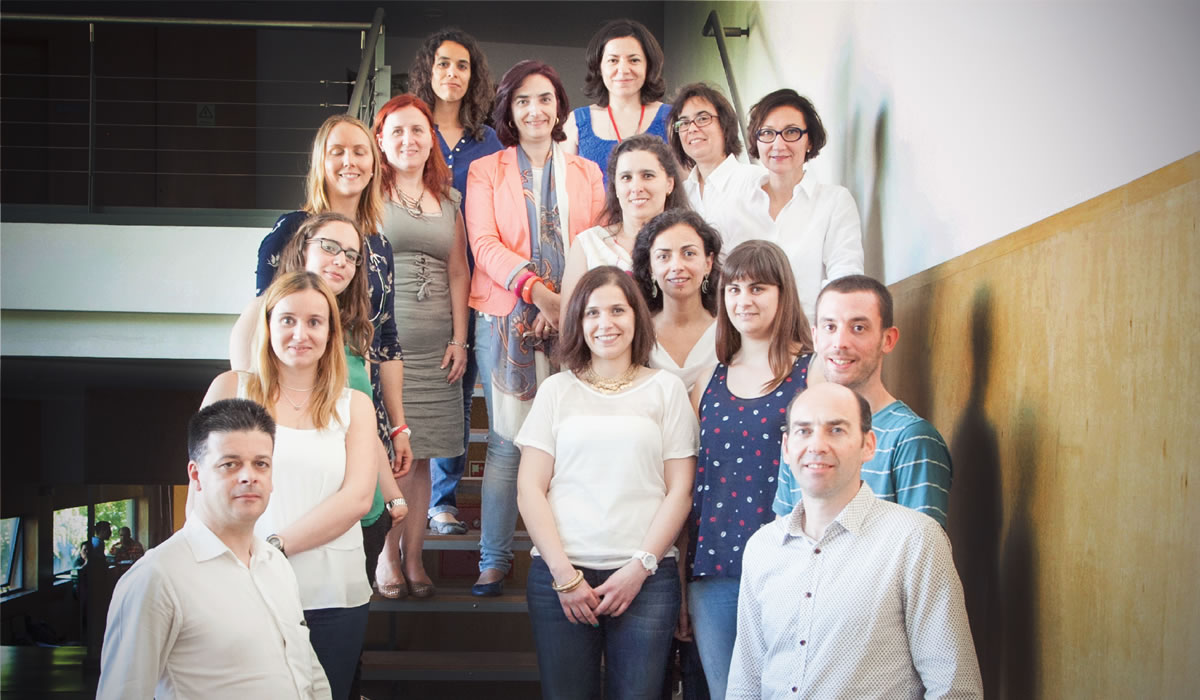Project Description

Symbiotic
With a total funding of 3.3 million euros provided by the Program Horizon 2020’s Future and Emerging Technologies, the project Symbiotic – Innovative autonomous electronic biosensor, synergistically assembled inside a passive direct methanol fuel cell for screening cancer biomarkers, proposes the development of an autonomous, lightweight, disposable and low cost electrochemical biosensor, which can be used at room temperature and will utilize the oxygen present in the air.
Electrical dependency is eliminated by coupling the biosensor to an electrochemical transducer that is capable of producing energy autonomously – the fuel cell. This work proposes a fusion between electric biosensors and fuel cells, combining the advantages of both in a single synergistic device.
A quarter of the budget allocated to this project is directly managed by CINTESIS.
Abstract
Biosensors possess recognition elements that bind to target molecules which lead to detectable signals; they are made of two basic components: (i) a bioreceptor or biorecognition element; and (ii) a transducer element. The bioreceptor system interacts with the target analyte and this interaction is monitored by the transducer, which converts the information into a measurable effect such as an electrical, optical or mass-sensitive signal.
This project proposes the development of an autonomous electrochemical biosensor that is lightweight, disposable and low cost by using an outstanding innovative approach: hosting synergistically the bioreceptor element inside a passive direct methanol fuel cell (DMFC). Such approach will provide an electrically independent, very simple, miniaturized, autonomous electrical biosensor. The electrical dependency is eliminated by coupling the biosensor to an electrochemical transducer that is capable of autonomous energy production, the fuel cell. This work proposes a merge between electrical biosensors and fuel cells, combining the advantages of both areas of research in a single synergetic device.
In this envisaged innovative device, the electrical signal obtained from the DMFC is directly related to the concentration of the cancer biomarker in the sample analyzed. The proposed electrochemical biosensor will be completely autonomous operating at room temperature and using the oxygen present in the air, thereby allowing diagnosis everywhere.
Funding Institution
Horizonte 2020, Future and Emerging Technologies
Global Budget
3,346,660.00 €
CINTESIS Budget
836,929.00 €
CINTESIS researchers involved
Lúcia Brandão (PI) , Goreti Sales, Felismina Moreira
Latest update: 31 December 2017
